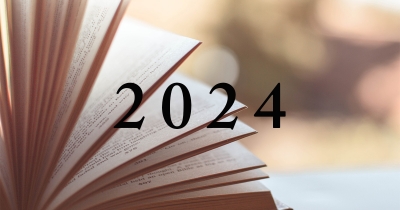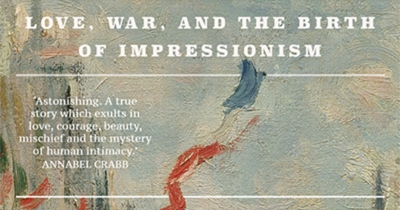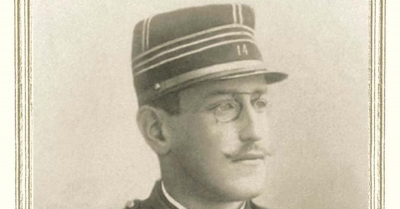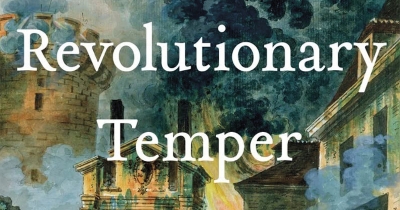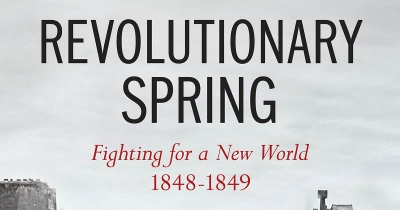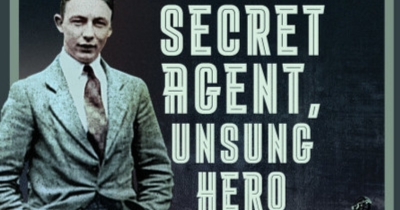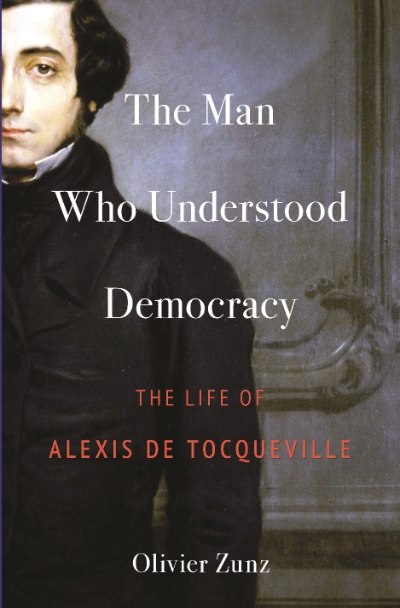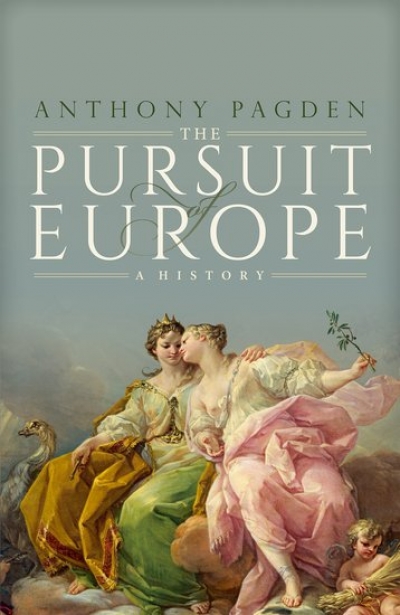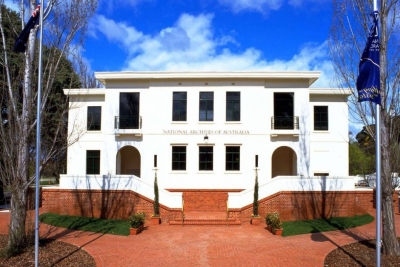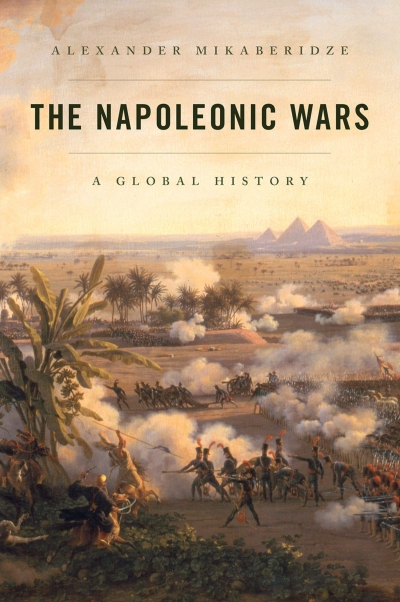Peter McPhee
Sign up to Book of the Week and receive a new review to your inbox every Monday. Always free to read.
Recent:
William Dalrymple’s The Golden Road: How ancient India transformed the world (Bloomsbury, reviewed in ABR, 10/24) explores the ways in which India shaped the ancient (and by extension modern) world. This expansive work is brilliantly readable. I enjoyed it so much that I downloaded the recorded version, which Dalrymple himself narrates. This I have listened to twice. Dalrymple challenges the Western-centric view of history and highlights India’s under-appreciated impact on Asian and Western cultural and economic developments. My second selection is almost a diametrical opposite: a slim book written in incredible haste. Gideon Haigh’s My Brother Jaz (MUP) is an exploration of grief, guilt, remorse, and survival. In January 2024, Haigh impulsively and, one imagines, frenetically began writing about the night his seventeen-year-old brother Jasper was killed. He finished seventy-two hours later. My Brother Jaz is unflinching, painful, and anguished. It is also a remarkable exploration of what it means to go on, to live, to reconcile and remember. ... (read more)
Paris in Ruins: Love, war, and the birth of Impressionism by Sebastian Smee
by Peter McPhee •
Alfred Dreyfus: The man at the center of the affair by Maurice Samuels
by Peter McPhee •
Revolutionary Spring: Fighting for a new world, 1848–1849 by Christopher Clark
by Peter McPhee •
Secret Agent, Unsung Hero: The valour of Bruce Dowding by Peter Dowding and Ken Spillman
by Peter McPhee •
The Man Who Understood Democracy: The life of Alexis de Tocqueville by Olivier Zunz
by Peter McPhee •
Many readers will recall reports of the fire in April 2021 that damaged the University of Cape Town’s library, which, among other riches, housed invaluable collections of unique manuscripts and personal papers, and one of the most extensive African film collections in the world. The extent of the damage is still being assessed. Even worse, the fire that destroyed the National Museum of Brazil in July 2018 consumed twenty million objects, including unique documents, the oldest human remains ever found in Brazil, and audio recordings and documents of extinct indigenous languages.
... (read more)

